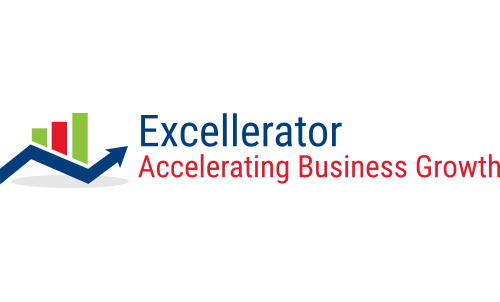R&D Tax Credits
Projects in which the company are working to achieve a Scientific or Technological advancement in their industry. The company will have developed or modified a product, process or service, that is more beneficial than anything similar on the market.
Our Features

Save time
With our assistance you can identify projects in which the you can achieve scientific or technological advancement.
Grow your business
Friendly support
Our support team is here to make sure things runs smoothly, so you can get on with other things.
Easy to edit
The company may have developed or modified a product, process, or service, that is more beneficial than anything on the market.
Eligibility for R&D Tax Credits
WHAT
The Research and Development Tax Relief Scheme is a Government initiative, created to reward and encourage UK companies to invest in innovation.
WHY
In reward for the risk-taking innovation (that does not need to have been successful OR completed), companies can claim a Corporation Tax reduction or refund. Tax losses can be converted into a cash tax rebate, based on any qualifying project costs over the last 2 financial years.
WHO
To be eligible to claim R&D tax credits, businesses must be UK registered and liable to pay Corporation Tax. SMEs have under 500 employees and either under €100million turnover or €86million on the balance sheet. Large companies and those SMEs who have received grants or subsidies towards their R&D projects or who are subcontracted by large companies to undertake R&D activities can claim relief under the RDEC scheme.
EXAMPLE ACTIVITIES THAT WOULD BE INCLUDED IN R&D CLAIMS:
- Experimental, theoretical or other work aimed at the discovery of new knowledge, or the advancement of existing knowledge.
- Searching for applications for that knowledge.
- Formulation and design of possible applications for such work.
- Testing in search for, or evaluation of, product, service or process alternatives.
- Design, construction and testing of pre-production prototypes and models and development batches.
- Design of products, services, processes or systems involving new technology or sustainability improving those already produced or installed.
- Construction and operation of pilot plants



